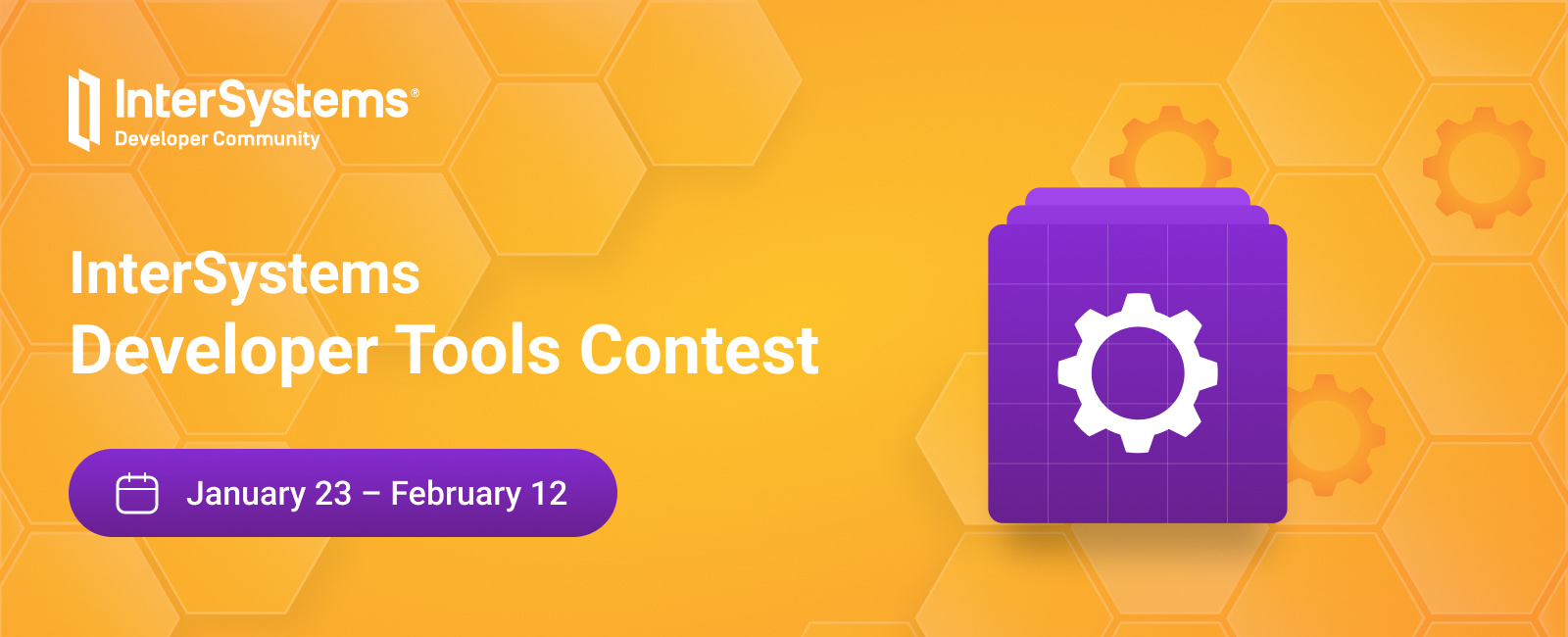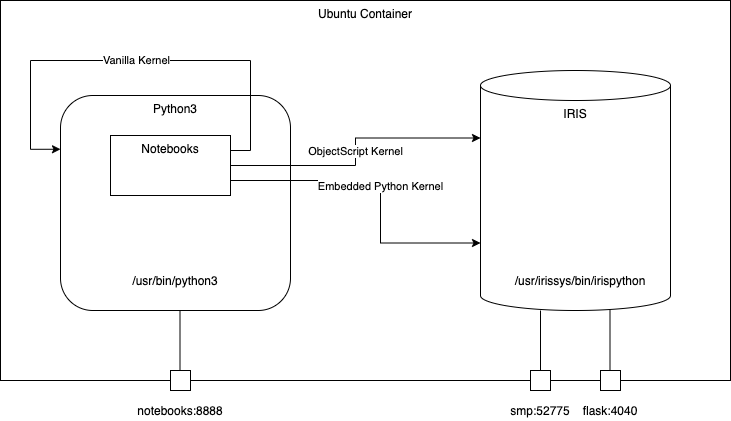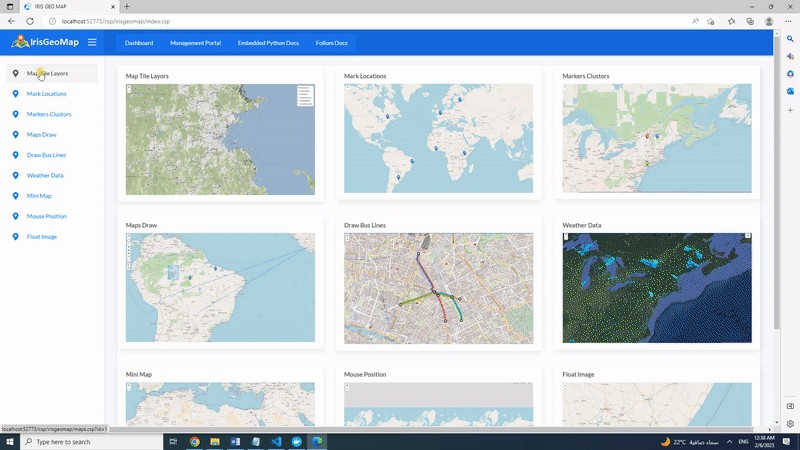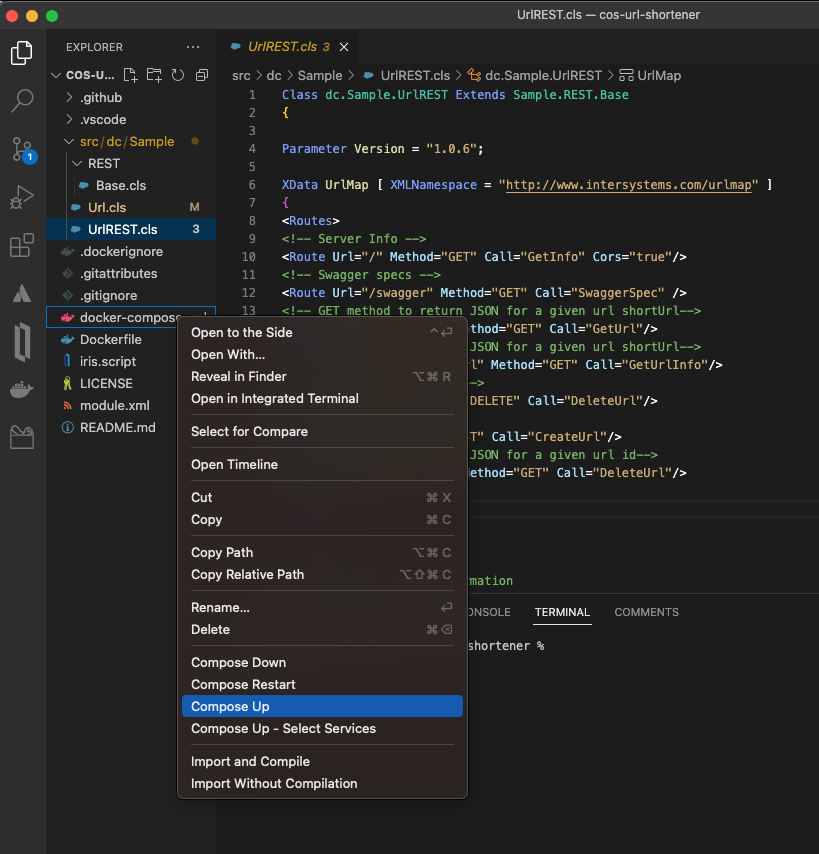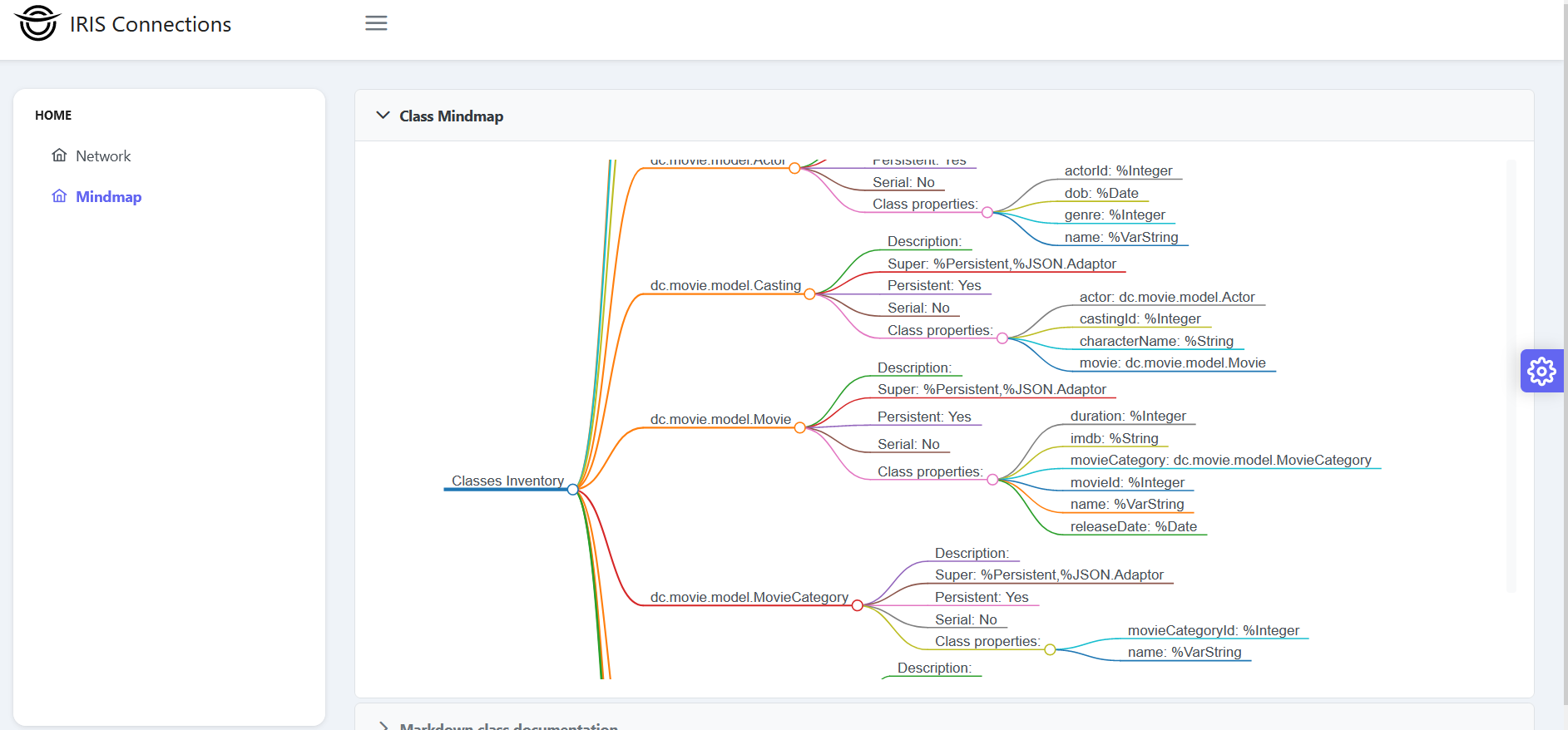Hi Community,
In this article I will demonstrate below steps to add Interactive map and visualize geographic data to web application:
- Step1 : Install Application
- Step2 : Create CSP Page
- Step3 : Extend dc.IrisGeoMap.Folium class
- Step4 : Invoke DrawGeoDetails() Method
So Let us start.
Step1 : Install Application
First of all we need to install iris-geo-map application by using ZPM
zpm "install iris-geo-map".png)

.png) I dont get any Errpr when i log my request message at this time i want to call a operation.
I dont get any Errpr when i log my request message at this time i want to call a operation. 

.png)
.png)
.png)
